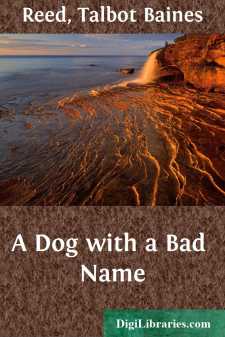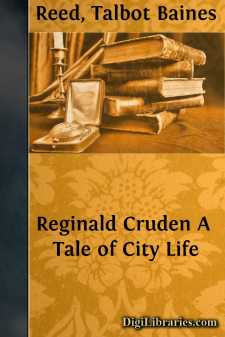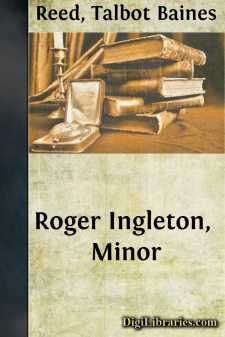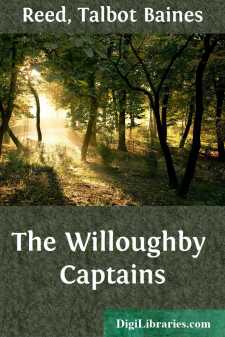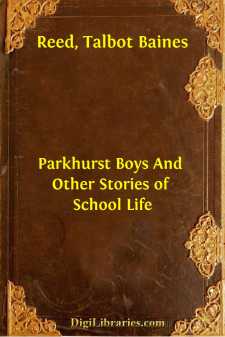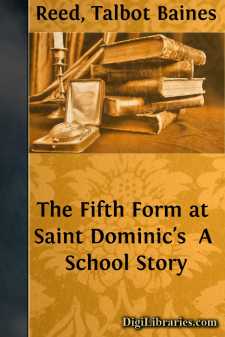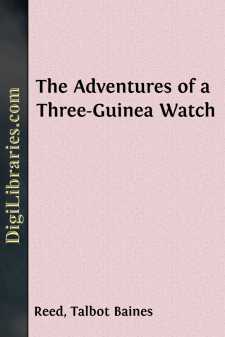Categories
- Antiques & Collectibles 13
- Architecture 36
- Art 48
- Bibles 22
- Biography & Autobiography 813
- Body, Mind & Spirit 142
- Business & Economics 28
- Children's Books 17
- Children's Fiction 14
- Computers 4
- Cooking 94
- Crafts & Hobbies 4
- Drama 346
- Education 46
- Family & Relationships 57
- Fiction 11829
- Games 19
- Gardening 17
- Health & Fitness 34
- History 1377
- House & Home 1
- Humor 147
- Juvenile Fiction 1873
- Juvenile Nonfiction 202
- Language Arts & Disciplines 88
- Law 16
- Literary Collections 686
- Literary Criticism 179
- Mathematics 13
- Medical 41
- Music 40
- Nature 179
- Non-Classifiable 1768
- Performing Arts 7
- Periodicals 1453
- Philosophy 64
- Photography 2
- Poetry 896
- Political Science 203
- Psychology 42
- Reference 154
- Religion 513
- Science 126
- Self-Help 84
- Social Science 81
- Sports & Recreation 34
- Study Aids 3
- Technology & Engineering 59
- Transportation 23
- Travel 463
- True Crime 29
A Dog with a Bad Name
Categories:
Description:
Excerpt
Dry-Rot.
Bolsover College was in a bad temper. It often was; for as a rule it had little else to do; and what it had, was usually a less congenial occupation.
Bolsover, in fact, was a school which sadly needed two trifling reforms before it could be expected to do much good in the world. One was, that all its masters should be dismissed; the other was, that all its boys should be expelled. When these little changes had been effected there was every chance of turning the place into a creditable school; but not much chance otherwise.
For Bolsover College was afflicted with dry-rot. The mischief had begun not last term or the term before. Years ago it had begun to eat into the place, and every year it grew more incurable. Occasional efforts had been made to patch things up. A boy had been now and then expelled. A master had now and then “resigned.” An old rule had now and then been enforced. A new rule was now and then instituted. But you can’t patch up a dry-rot, and Bolsover crumbled more and more the oftener it was touched.
Years ago it had dropped out of the race with the other public-schools. Its name had disappeared from the pass list of the University and Civil Service candidates. Scarcely a human being knew the name of its head-master; and no assistant-master was ever known to make Bolsover a stepping-stone to pedagogic promotion. The athletic world knew nothing of a Bolsover Eleven or Fifteen; and, worse still, no Bolsover boy was ever found who was proud either of his school or of himself.
Somebody asks, why, if the place was in such a bad way, did parents continue to send their boys there, when they had all the public-schools in England to choose from? To that the answer is very simple. Bolsover was cheap—horribly cheap!
“A high class public-school education,” to quote the words of the prospectus, “with generous board and lodging, in a beautiful midland county, in a noble building with every modern advantage; gymnasium, cricket-field, and a full staff of professors and masters,” for something under forty pounds a year, was a chance not to be snuffed at by an economical parent or guardian. And when to these attractions was promised “a strict attention to morals, and a supervision of wardrobes by an experienced matron,” even the hearts of mothers went out towards the place.
After all, argues many an easy-going parent, a public-school education is a public-school education, whether dear Benjamin gets it at Eton, or Shrewsbury, or Bolsover. We cannot afford Eton or Shrewsbury, but we will make a pinch and send him to Bolsover, which sounds almost as good and may even be better.
So to Bolsover dear Benjamin goes, and becomes a public-school boy. In that “noble building” he does pretty much as he likes, and eats very much what he can. The “full staff of professors and masters” interfere very little with his liberty, and the “attention to morals” is never inconveniently obtruded. He goes home pale for the holidays and comes back paler each term....


